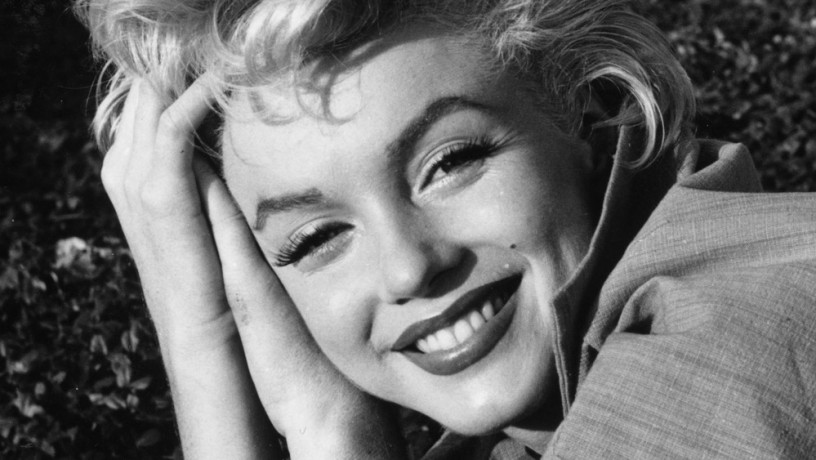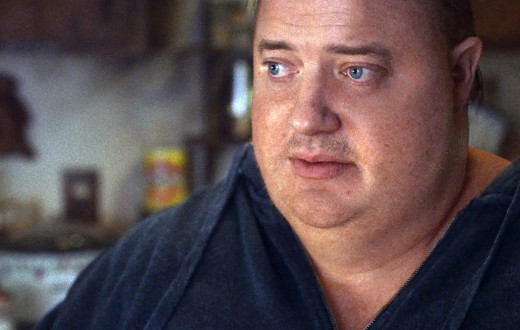As actors and performers, many of you might find yourselves wondering why certain actors seem to repeatedly land the same types of roles. From the action hero to the romantic lead, some performers appear to be cast in similar characters time and time again. This phenomenon, known as typecasting, can be both a blessing and a curse in an actor’s career. Understanding the reasons behind this trend can provide valuable insights into the casting process and help you navigate your own career path with greater awareness and strategy. Let’s delve into why actors often play the same kinds of characters in every film and what it means for aspiring actors like yourselves.
- Typecasting: Once an actor successfully portrays a particular type of character, they may become associated with that role. Casting directors and producers might repeatedly select them for similar roles, believing the actor can deliver a strong performance in that niche.
- Audience Expectation: Audiences develop certain expectations based on an actor’s previous roles. If an actor is known for playing action heroes, romantic leads, or comedic characters, audiences might expect to see them in similar roles, leading studios to cast them accordingly. You hear television actors often mention that they can’t escape the image created by their log-running character on a series they were in.
- Marketability: Some actors become box office draws for specific genres. Producers and studios often bank on these actors’ marketability to ensure a film’s commercial success. Repeatedly casting them in similar roles can be a safer financial bet.
- Personal Preference: Some actors may prefer playing certain types of characters or may feel more comfortable and confident in particular roles. They might seek out or accept roles that align with their strengths and interests.
- Agent and Management Influence: An actor’s agent or management team may guide them toward roles that align with their established image and previous successes. This guidance can help maintain a consistent career trajectory.
- Industry Perception: The film industry can be slow to change its perception of an actor’s abilities. Breaking out of a specific typecast role can be challenging, requiring significant effort, risk-taking, and sometimes taking on smaller or independent projects to showcase versatility.
- Success Formula: If a particular role has brought an actor critical acclaim, awards, or significant financial success, both the actor and industry professionals might be inclined to replicate that success by sticking to similar roles.
While typecasting is common, it’s also worth noting that some actors are known for their ability to transform completely and convincingly into a wide range of characters. These actors, often referred to as chameleons, can seamlessly shift between genres and roles, showcasing their versatility and breadth of talent.
Understanding the dynamics of typecasting and the paths to breaking free from it can empower you to make strategic choices in your acting career. Whether you find your niche or aim to be a chameleon, embracing your unique journey is key to long-term success in the industry.







